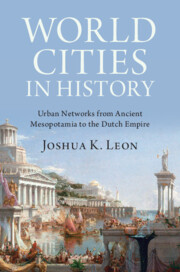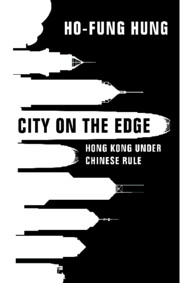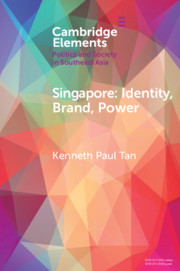The three cities of Malacca, Penang and Singapore share a century-long history as the British Straits Settlements, with similar multicultural traditions and urban morphology of dense shophouse districts. In the post-colonial period, these have been the basis for the production of heritage for urban renewal, civic identity formation, and international tourism. Yet, each city has approached the production of its history as heritage in different ways. The differences have been specified in terms of whether heritage production has been led by the state, market or civil society, and criticised as ideology or ambivalently interpreted as formative of identity in the face of globalisation. As colonial port-cities integrating into or becoming a new nation-state, I argue that the production of heritage in the three cities is driven by the politics of post-colonial identity interacting with the political economy of urban redevelopment. I argue that the production of heritage is one facet in the production of space and an increasingly important one in globalising Asian urbanisms. We can specify the differences in production of heritage space in the three cities in terms of the orientation of imagination and the ends of production. I show that the three city-states have been interpreting its history for heritage production in either Asian or cosmopolitan imaginations and configuring its heritage production for either political identity formation or economic product development, or a mix of both. The differences, I demonstrate, are caused by the differing politics of post-colonial identity and economic development involving the three cities.


